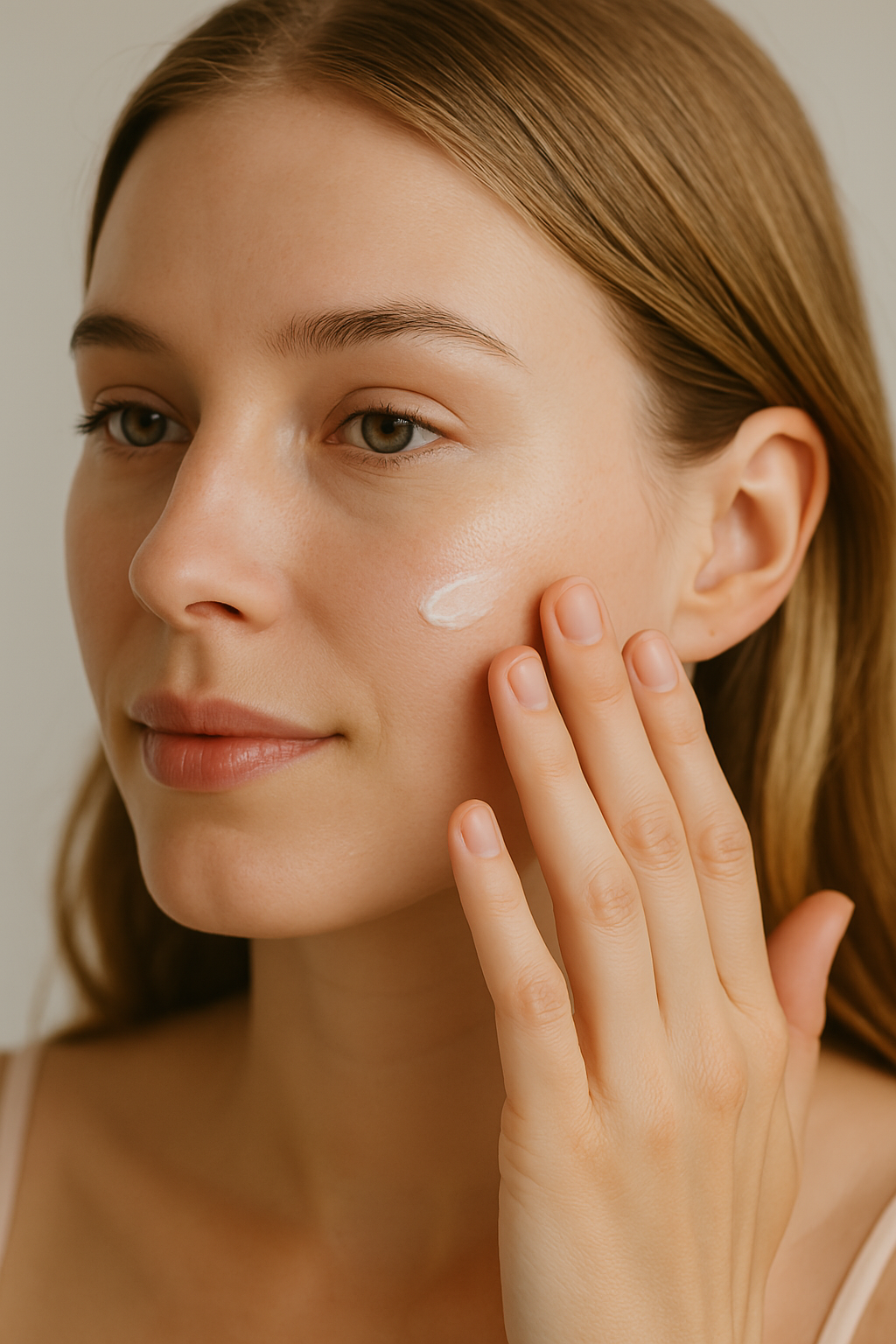Stress, Sleep, and Exercise: How They Impact Your Skin
When it comes to achieving healthy, glowing skin, most people focus on skincare products and diet. However, three essential lifestyle factors—stress, sleep, and exercise—play a significant role in maintaining your skin’s health and radiance. Let’s explore how each of these influences your complexion and what you can do to optimize your routine.
The Impact of Stress on Your Skin
Chronic stress doesn’t just affect your mental and physical well-being; it also wreaks havoc on your skin.
1. Increased Breakouts and Acne
When you’re stressed, your body produces higher levels of cortisol, a hormone that increases oil production in the skin. Excess oil can clog pores, leading to acne flare-ups. Stress also triggers inflammation, which can worsen conditions like eczema, psoriasis, and rosacea.
2. Premature Aging and Wrinkles
Cortisol also breaks down collagen and elastin, the proteins responsible for keeping your skin firm and youthful. Over time, this leads to fine lines, wrinkles, and sagging skin.
3. Dull and Dehydrated Skin
Stress can cause dehydration by weakening your skin’s natural barrier, leading to dryness, dullness, and an uneven complexion. It also disrupts the body’s ability to repair and regenerate skin cells, making your skin appear tired and lifeless.
How to Manage Stress for Better Skin:
- Practice mindfulness and relaxation techniques like meditation, deep breathing, or journaling.
- Prioritize self-care activities that bring you joy, such as reading, painting, or taking a bath.
- Exercise regularly, as physical activity helps reduce stress hormones and improves circulation.
- Get outside and spend time in nature to promote relaxation and balance cortisol levels.
The Importance of Sleep for Skin Health
Beauty sleep is more than just a saying—your skin undergoes critical repair and regeneration while you sleep. Poor sleep can accelerate aging and cause a host of skin problems.
1. Increased Signs of Aging
During deep sleep, your body produces growth hormones that help repair damaged skin and generate new cells. A lack of sleep reduces this process, leading to fine lines, wrinkles, and dull skin.
2. Dark Circles and Puffy Eyes
Insufficient sleep causes poor blood circulation, leading to fluid retention and under-eye puffiness. It can also cause dark circles by making blood vessels more visible under thin under-eye skin.
3. Compromised Skin Barrier
A lack of sleep weakens the skin’s protective barrier, making it more prone to moisture loss, redness, and irritation. This also increases sensitivity to environmental damage from pollution and UV exposure.
How to Improve Sleep for Radiant Skin:
- Aim for 7-9 hours of quality sleep every night.
- Establish a consistent bedtime routine, including winding down with a book or meditation.
- Avoid screens at least an hour before bed, as blue light disrupts melatonin production.
- Use a silk pillowcase to prevent friction and reduce sleep lines.
- Invest in a quality nighttime skincare routine with hydrating serums and night creams to support skin repair.
Exercise: The Secret to a Natural Glow
Regular physical activity is one of the best things you can do for your skin. Exercise improves circulation, reduces inflammation, and promotes detoxification, all of which contribute to a clear, radiant complexion.
1. Increased Blood Circulation and Oxygenation
Exercise boosts blood flow, delivering oxygen and nutrients to skin cells. This helps maintain a healthy glow and speeds up the repair of damaged skin.
2. Reduced Stress and Acne
Since exercise lowers stress hormones like cortisol, it helps reduce breakouts and inflammation. It also supports the body’s natural detoxification process through sweat, clearing out impurities from your pores.
3. Boosted Collagen Production
Regular exercise stimulates collagen production, keeping skin firm and elastic. The increased circulation also helps remove toxins, leading to a more youthful appearance.
Best Types of Exercise for Skin Health:
- Cardio (running, cycling, dancing): Improves circulation and helps flush out toxins.
- Strength training: Helps balance hormones and improve skin elasticity.
- Yoga and Pilates: Reduce stress while promoting blood flow and relaxation.
- Outdoor activities (hiking, swimming): Expose you to fresh air and vitamin D, which benefits skin health.
Post-Workout Skincare Tips:
- Always cleanse your face after exercising to remove sweat and bacteria.
- Stay hydrated to replace lost fluids and keep skin plump.
- Use a lightweight moisturizer to prevent post-exercise dryness.
- Apply sunscreen if working out outdoors to protect against UV damage.
A Holistic Skincare Routine for Radiant Skin
To achieve clear, glowing skin, focus on a balanced approach that includes stress management, quality sleep, and regular exercise. Here’s a simple plan to incorporate these habits into your daily routine:
Morning Routine:
- Start the day with deep breathing or a short meditation.
- Hydrate with a glass of lemon water.
- Apply a hydrating serum and SPF moisturizer to protect your skin.
- Engage in light morning exercise, such as yoga or stretching.
Midday Reset:
- Take breaks to walk or do light movement to reduce stress.
- Drink plenty of water and eat antioxidant-rich foods.
- Step outside for fresh air and natural sunlight.
Evening Wind-Down:
- Engage in a stress-relief activity like journaling or reading.
- Take a warm shower or bath with relaxing essential oils.
- Apply a nourishing night cream before bed.
- Ensure 7-9 hours of restful sleep for overnight skin repair.
Final Thoughts
Your skin reflects your overall health and lifestyle choices. By managing stress, prioritizing restful sleep, and maintaining an active lifestyle, you can naturally improve your skin’s texture, clarity, and radiance. Small changes can lead to big results—start incorporating these habits today, and watch your skin glow from the inside out!





